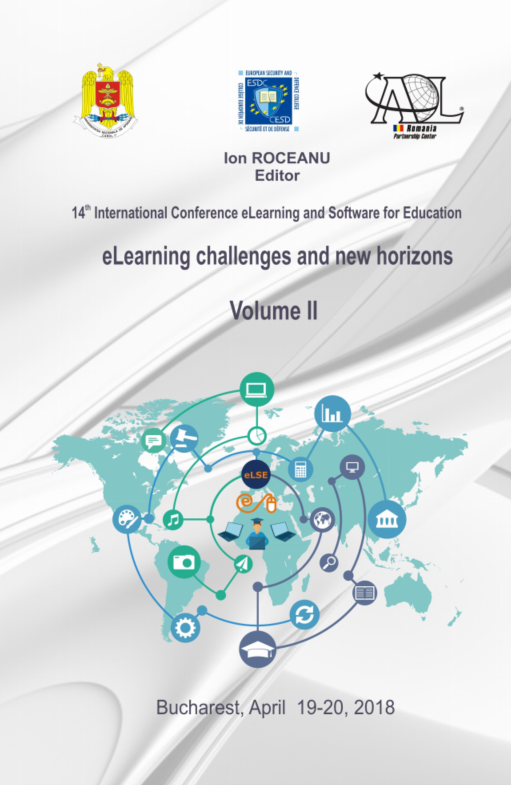Building Motivation by Involving Students in Lab-Related Tasks through Software and Automatizations
Building Motivation by Involving Students in Lab-Related Tasks through Software and Automatizations
Author(s): Ana Maria Chisega Negrila, Ciprian Gabriel CHISEGA-NEGRILĂSubject(s): Social Sciences, Education
Published by: Carol I National Defence University Publishing House
Keywords: chemical analysis; software; automatizations; students’ motivation; lab-related tasks;
Summary/Abstract: The importance of research in the academic environment cannot be denied since it prepares students for their future positions. In a period of rapid advances in science and technology, chemical labs have to provide students with a number of tools that will assist them in their future development in the industrial field. Programming, simulation of processes and automatization will offer the necessary means, involving students not only in the experiments, but also in their preparation. On the one hand, simulation of processes using specialized software (COMSOL, PROII, MATHCAD etc.) will provide students with a platform where the chemical processes can be predicted so that they will have a glimpse of the behavior of a certain experiment. On the other hand, automatizations will ease the process by allowing the control of certain parameters, making readings via sensors, acting on others by using output devices (relays, breakers, motors, lab analysis devices and equipment, etc.) or by data recorded for later analysis. In addition, by encouraging students to participate in lab-related tasks, they will take control over their learning, having a more accurate insight into the processes involved in experimentation. In addition, they will become more self-confident and willing to work in groups, cooperate and exchange ideas with their peers, situation that will benefit their future careers. Therefore, making students active participants in their learning (by using specific software and simple automatizations) will result in a positive impact on their overall achievement by building motivation and providing them with valuable information related to the chemical processes.
Journal: Conference proceedings of »eLearning and Software for Education« (eLSE)
- Issue Year: 14/2018
- Issue No: 02
- Page Range: 033-040
- Page Count: 8
- Language: English

